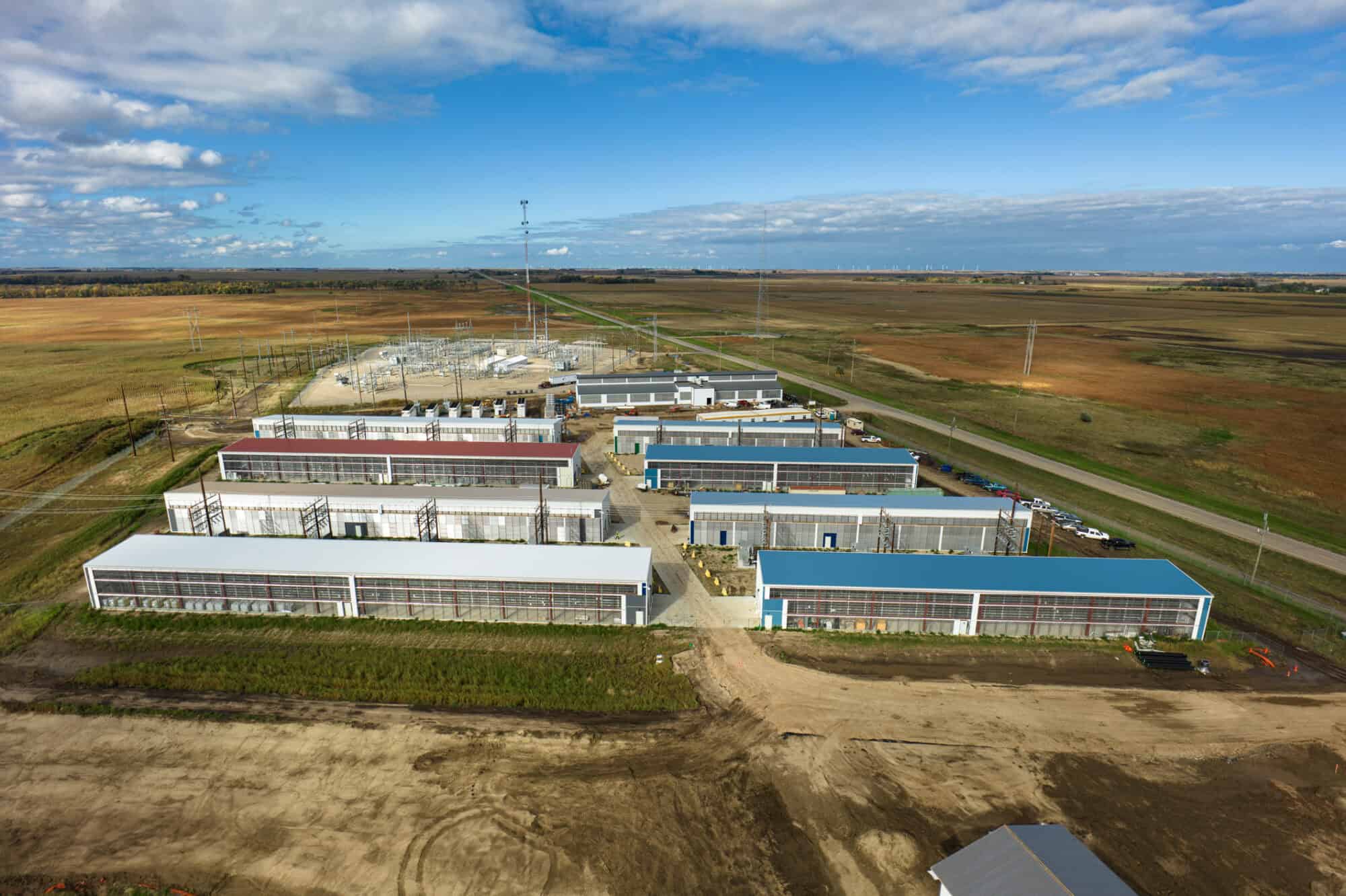Manufacturers Weigh in on Challenges Facing Data Center Growth

Manufacturers, and the data centers they support and use, rely on stable, affordable energy sources. Federal policy must help strengthen the U.S. electric grid and supply chains and address cybersecurity risks and workforce needs, the NAM told the Commerce Department Monday.
What’s going on: “Manufacturers use one-third of America’s energy, and as such, the growth of our nation’s energy supply is critical to manufacturers’ ability to create jobs, expand operations and grow the economy,” NAM Vice President of Domestic Policy Chris Phalen told Commerce’s National Telecommunications and Information Administration in response to a request for comment on the challenges facing data center growth.
- “In addition to growth in energy generation, manufacturers depend on a stable electric grid to ensure the continuous operation of their facilities.”
The challenge: Grid stability is at approaching an inflection point due to expected explosive growth.
- Phalen cited the 15% potential rise in power demand by the end of the decade (Wood Mackenzie) and an August 2024 Energy Department study that found “electricity generation would need to double to keep up with demand” on the grid.
Call to action: There are several steps that need to be taken to confront the challenges posed by the nationwide growth of data centers, Phalen told the agency. They include the following:
- Reforming the U.S. permitting system: “[T]he NAM strongly encourages the NTIA and all federal agencies with equities in meeting growing energy demand to align with our permitting principles,” which include “[e]xpediting judicial review, [a]ccelerating the permit process for needed energy infrastructure, including more transmission lines, pipelines and permanent carbon sequestration sites … [and] [u]nlocking access to domestic critical minerals.”
- Ensuring energy affordability: In particular, the NTIA should look at the role of natural gas “as a source of baseload power to the data center industry” and as a backup to renewable energy sources.
- Expediting licensing: The federal government should speed up the licensing process for next-generation technologies, such as small modular and advanced nuclear reactors.
- Addressing component shortages: Because “[r]obust growth in data center construction is heightening demand for related essential inputs, stretching existing supply chains … we encourage the NTIA to explore and support federal policies to increase domestic capacity of critical equipment to meet the needs of a modern grid.”
- Mitigating cybersecurity risks: NTIA should urge the Department of Homeland Security’s Cybersecurity and Infrastructure Security Agency to revise its April draft rule requiring stringent reporting standards for certain security incidents. It should ensure that the final version “fosters collaboration, rather than confusion, between cloud providers and customers and enables each to respond to cyber incidents effectively.”
- Bolstering workforce development efforts: Congress should reauthorize the Workforce Innovation and Opportunity Act, expand Pell grant eligibility to short-term training programs, give more support to industry sector partnerships and more “to reduce the skills gap” that exists in the data center and manufacturing industries.
